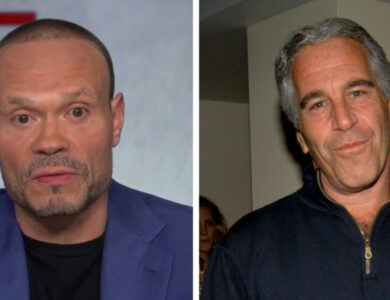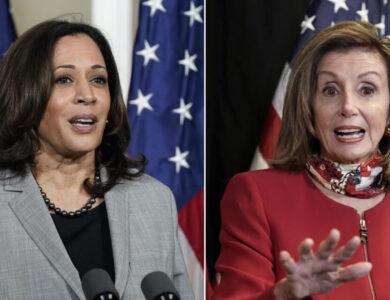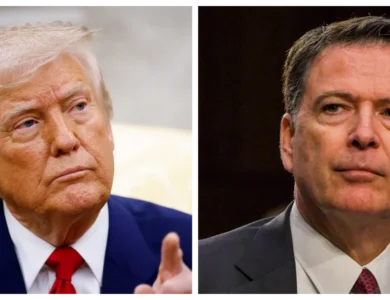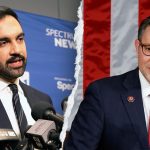Zelensky Ready To Accept Face-To-Face Talks With Putin After Trump Pressure
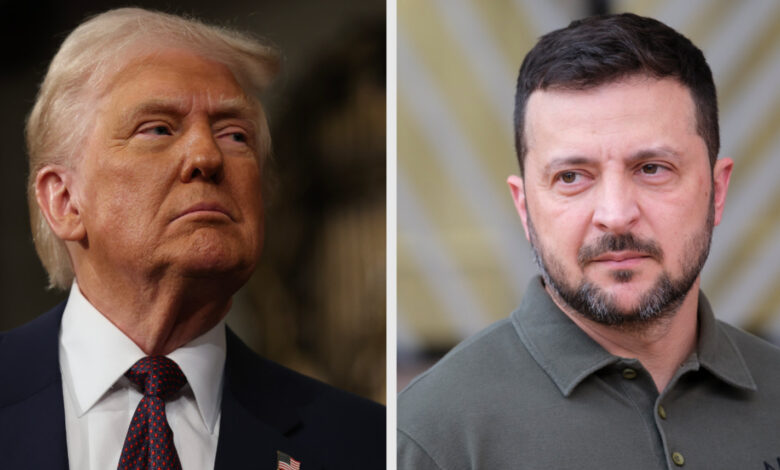
Ukrainian President Volodymyr Zelensky has challenged Vladimir Putin to meet face-to-face in Istanbul, Turkey, this week, following President Donald Trump’s endorsement of the Russian leader’s proposal for talks ahead of any cease-fire.
Zelensky announced he would be in the country on Thursday, escalating the diplomatic stakes after a weekend of intense maneuvering in which both sides attempted to avoid major concessions while still appeasing Trump’s demand for an end to the three-year conflict, the Wall Street Journal reported.
Putin has yet to respond to Zelensky’s invitation, which exceeds the Russian president’s earlier suggestion of resuming lower-level peace talks that stalled in 2022. Putin has frequently dismissed Zelensky’s legitimacy and shown open disdain for him in past statements.
Trump’s support for the Russian president’s proposal marked a shift in his position, seemingly undermining European efforts to pressure Russia to cease its war and granting a diplomatic victory to Putin.
“Ukraine should agree to this, IMMEDIATELY,” Trump said on social media Sunday. “At least they will be able to determine whether or not a deal is possible, and if it is not, European leaders, and the U.S., will know where everything stands, and can proceed accordingly!”
Zelensky, who had previously insisted on a cease-fire as a precondition for negotiations, responded swiftly to Trump’s call for talks by demanding that Russia initiate a cease-fire on Monday. He added that he would be waiting to meet Putin “personally” in Turkey on Thursday, the WSJ added.
“There is no point in prolonging the killings,” Zelensky wrote on social media. Later in his nightly address, the Ukrainian leader repeated his plan to go to Istanbul for talks. “And I hope that this time, Putin won’t be looking for excuses as to why he ‘can’t’ make it,” he said.
Just a day earlier, Putin had rejected a cease-fire demand from Kyiv and its Western allies, instead pushing for direct negotiations aimed at advancing his objectives of weakening Ukraine and challenging NATO’s influence, the WSJ reported.
Trump, meanwhile, warned last week that he would impose sanctions on whichever side refused to agree to a 30-day cease-fire.
The weekend’s flurry of diplomatic exchanges brings Trump closer to a pivotal decision on fulfilling a key campaign promise to end the war between Russia and Ukraine, said the outlet.
Despite the renewed push for talks, the two sides remain deeply divided. Trump has so far focused his pressure on U.S. ally Ukraine, criticizing what he views as Kyiv’s reluctance to reach a peace deal. Russia continues to pursue its initial goal of asserting dominance over Ukraine, while Kyiv remains committed to ending the three-year invasion on terms that preserve its sovereignty and ensure protection from future Russian aggression.
Putin’s offer of renewed talks appeared carefully timed to project a more cooperative image and ease mounting pressure on President Trump to impose tougher sanctions on Russia. Trump, who campaigned on a pledge to end the conflict within 24 hours of taking office, has grown increasingly impatient with the lack of progress in negotiations.
In recent weeks, he has warned that he may walk away from the talks altogether if no breakthroughs are made soon.
Meanwhile, on the ground, Russia is intensifying its military operations. According to DeepState, an independent Ukrainian battlefield monitoring group, Russian forces launched more attacks during the three-day cease-fire declared by Putin in early May than during the same period the previous month.
European leaders had warned they would impose new sanctions on Russia if it refused to agree to an unconditional 30-day cease-fire endorsed by Trump, the WSJ reported.
By calling for renewed talks, Putin is attempting to revive a peace process that collapsed in 2022 over Russian demands to significantly weaken Ukraine’s sovereignty. At the time, the Kremlin framed its proposals as an effort to address the “root causes” of the conflict—language widely understood to mean forcing Ukraine to abandon its aspirations of full independence and integration with the West.
